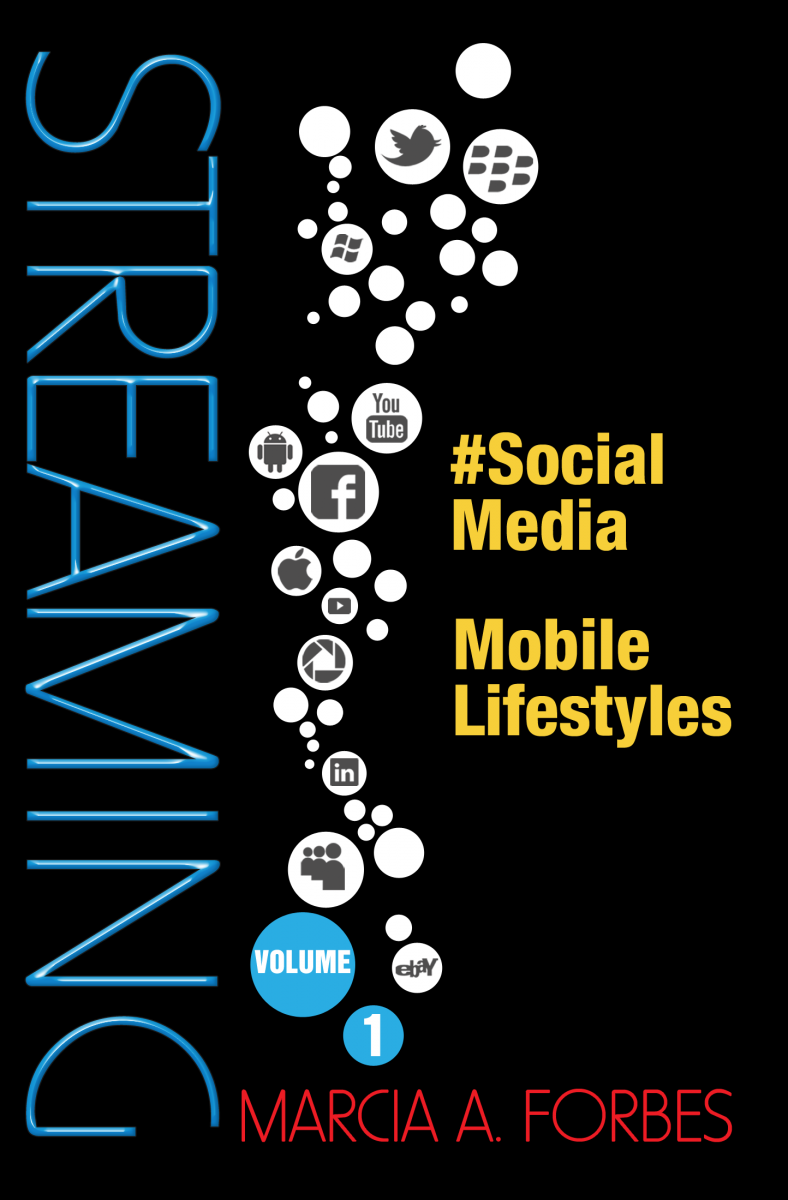Click, Sign On & Cash In
Click, Sign On & Cash In
Recently the public relations students at the Caribbean Institute of Media and Communication at the University of the West Indies invited me as their Keynote Speaker to discuss 'The Future of the Business of Social Media in the Caribbean'. This fell under their broader theme which has been modified and used as my captioned title. Excerpts from that presentation are shared here.
CONTESTED VIEW OF SOCIAL MEDIA
Some would argue that the business of social media offers no sustainable model and that in fact social media is an obvious arm of marketing and any plans for the use of social media should be incorporated into a company's marketing plan.
Some say that the days of today's 'social media experts' who offer services as independent contractors are numbered, as increasingly company's see the folly of this and ensure that their marketing teams are properly trained and equipped to extend the company's brand and messages via social media.
So we see that the expression the 'business of social media' is a contested one in that some argue that social media in and of themselves are a part of a bigger plan for any company.
MEASURING ROI
One could discard all of that and approach the topic by focussing on the tools available to measure social media's return on investment - ROI - and their impact on a company's bottom line. But, that too is contested.
What is the value of a 'like' or a Retweet? What is a high Klout Score really worth? Anything? Nothing? Does online influence matter in real life? Do the number of Facebook friends or Twitter followers matter if you can't get these persons to take a desired action on behalf of your company? How do you really know if social media is worth it for your business?
The challenge of ROI and social media was borne out in a humorous animation online. The Boss, a man, challenged the value of social media. The junior staff, a woman, championed it. She answered the question of ROI by equating social media to being similar to answering the phone at the office. 'Do you know the ROI on that?' He did not! I support the view of the junior staff. Engagement via social media is a requirement of today's business environment.
Let us assume that there is a business model for selling social media services. Let us also assume that this model is sustainable and, finally, let us assume that this model can be extended across the Caribbean region. Given these assumptions, let me highlight two necessary conditions for capitalizing on the business of social media.
NECESSARY CONDITIONS FOR CAPITALIZING ON SOCIAL MEDIA
Internet Access and High Speed Broadband are two necessary but not sufficient conditions for capitalizing on the benefits of social media. Let me also identify some of the obstacles to the success of social media as a business.
1) Internet Access
Varying levels of Internet access exist throughout the Caribbean and up-to-date information is very difficult to come by. Only last year the Mona School of Business, UWI, conducted a national survey which gave a good idea about Internet penetration levels and access in Jamaica.
Household penetration is just under 16%. Despite that low level of access via households, however, we know that more than half of Jamaicans (55.5%) actually use the Internet. Still, we are aware that when you access the Internet at a cafe or elsewhere it is a different experience than in the privacy of your own home or office. Running a business based on social media is difficult if you have no Internet at home/office or via your mobile phone.
Then too there is the question of cost! Almost one third (32.4%) of the respondents in that survey said the equipment for Internet access was too expensive, while 15% said the Internet service itself was too expensive. The cost for Internet access as too the service are barriers to the business of social media.
One understands the critical need to ramp up cost-effective Internet access at home/office so as to facilitate the business of social media. Across the Caribbean we know, even if based on anecdotal reports, that many regard the cost to set up Internet at home and to maintain it as unaffordable. Note as well that many small businesses such as those who offer social media services operate from home.
Importantly, though almost a quarter (23.9%) of the Mona School of Business survey respondents felt there was no need or had no interest in Internet access. This is startling, given the proven value of being net savvy in getting employment or creating such employment for one’s self. As noted earlier, net access is a necessary but not sufficient condition. A society must have the mind-set to use the Internet for productive ends.
While I do not have the age profile of those who gave this response, I know from my own data collection that many inner city youths do not connect the dots between Internet access and work or between being able to use social media and leveraging this skill to gain employment.
2) Defining 'high speed'
A second precondition for the doing business via social media is to agree what Internet speed is defined as 'high speed'. This was hammered home in August when I decided to live stream the launch of STREAMING: Social Media, Mobile Lifestyles.
The experience taught me that Digicel's 4 G Wi Max is really not sufficient for live streaming. While Flow's broadband speed is fine, their regular price to stream the book launch was almost one million Jamaican dollars. Even at a weak Jamaican dollar at almost $90 to US$1 at the time, Flow’s rate is super-expensive and a deterrent to business. LIME scrapped through with 10 megabits per second upload speed and came on board just in time on the launch day to make the live streaming possible. With publicity only via Twitter about 500 persons watched the book launch live online.
TOOLS OR TOYS?
So we see that the business of social media in the Caribbean is highly dependent on not only our telecoms infrastructure by way of affordable Internet access and sufficient bandwidth at adequate speed to get work done, but also on our mind-set, how we see the technologies. Are they work tools or toys? The cell phone is a prime example in Jamaica of a technology that can create work and can be used for conducting business via social media but this technology is mainly seen as a tool for chatting. Thankfully this view is changing.
Based on evolving mind-sets and infrastructural work by companies such as Flow, known as Columbus Communication, throughout the Caribbean, I see a great future for creating businesses based on social media as well as for incorporating social media into businesses. That is a part of what is driving me to focus on my next book, titled NET WORK: MAKE MONEY ONLINE. The business of social media requires us to learn how to use the technologies, social media along with others, to make a living for ourselves.
November 14, 2011


